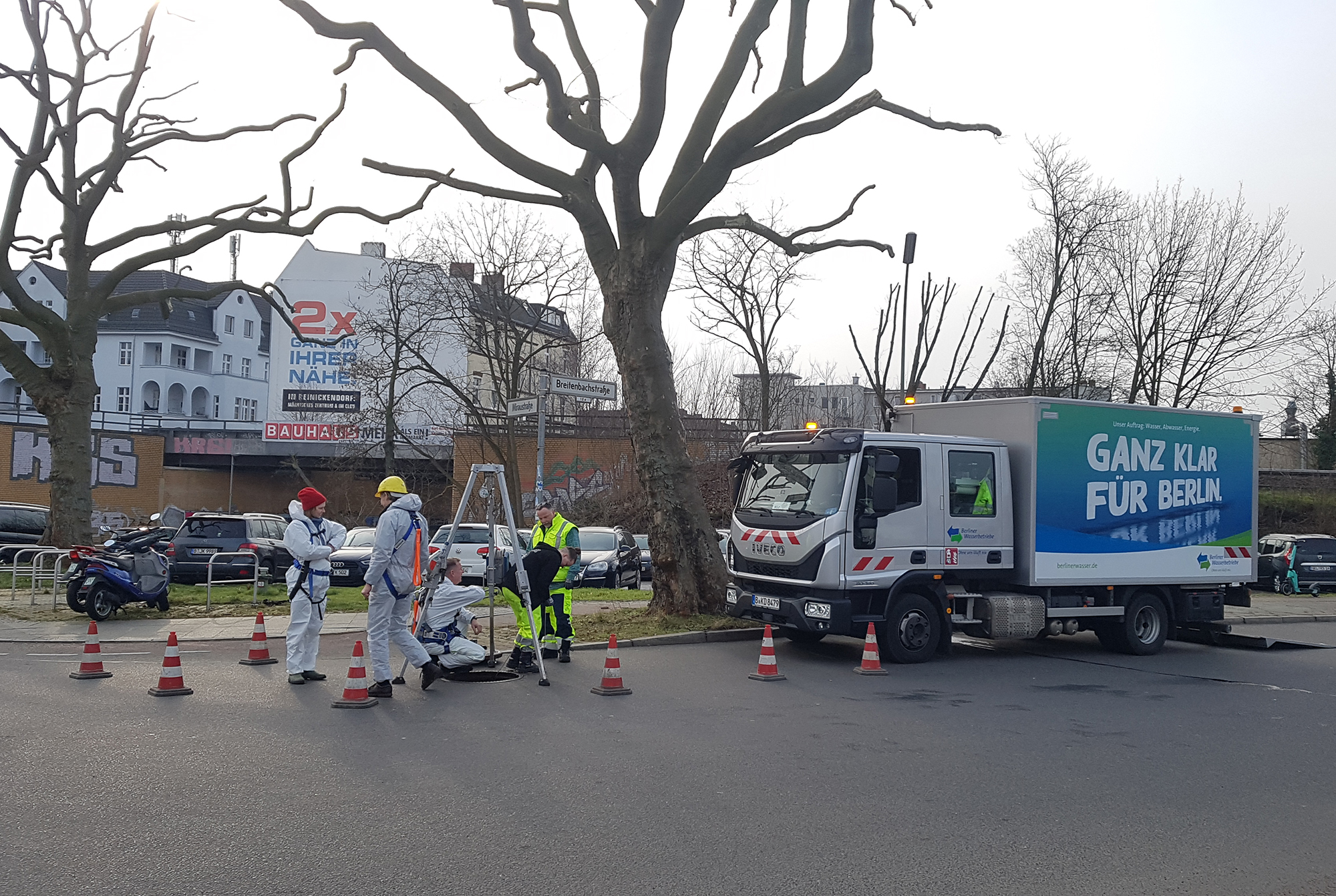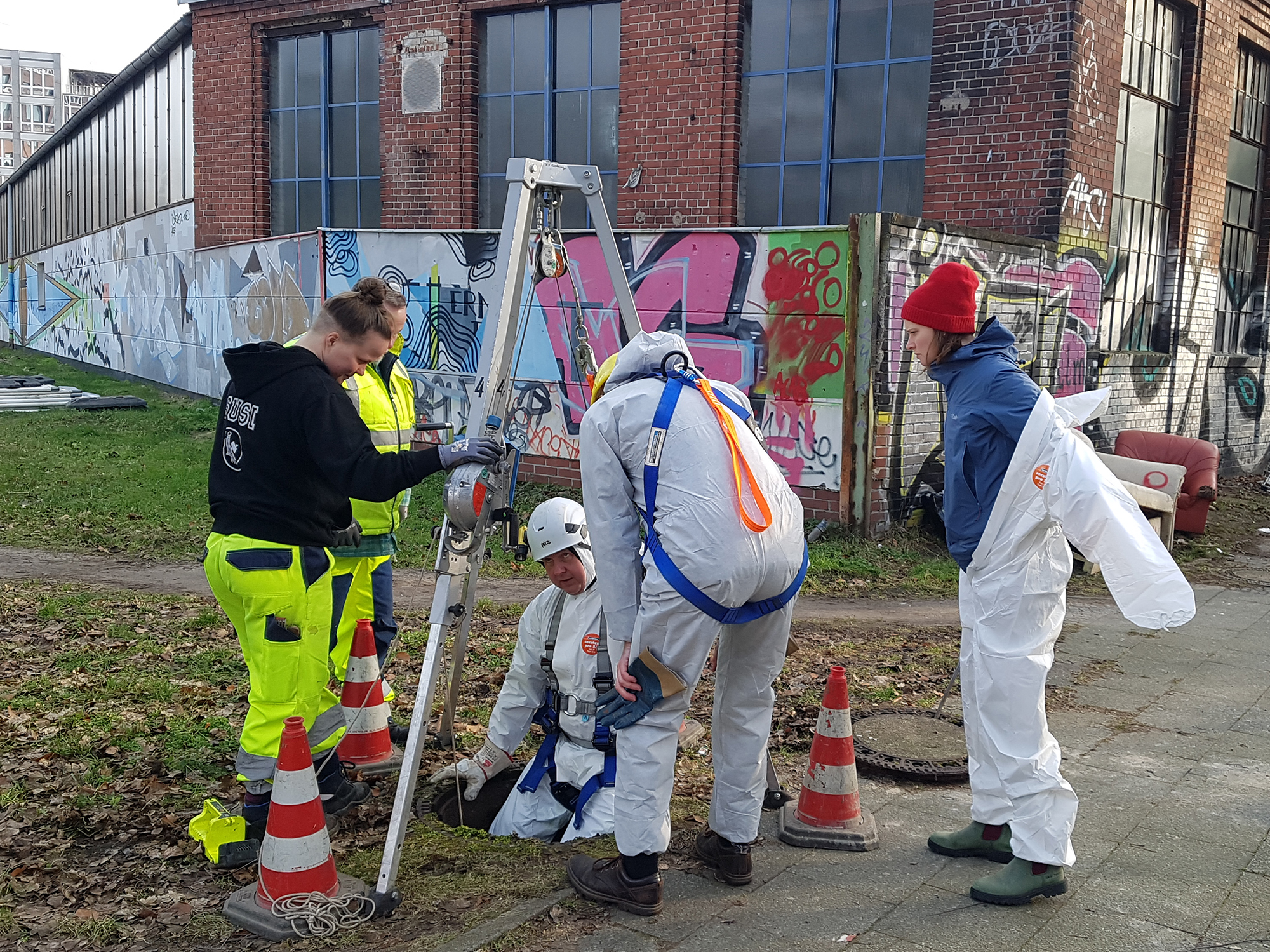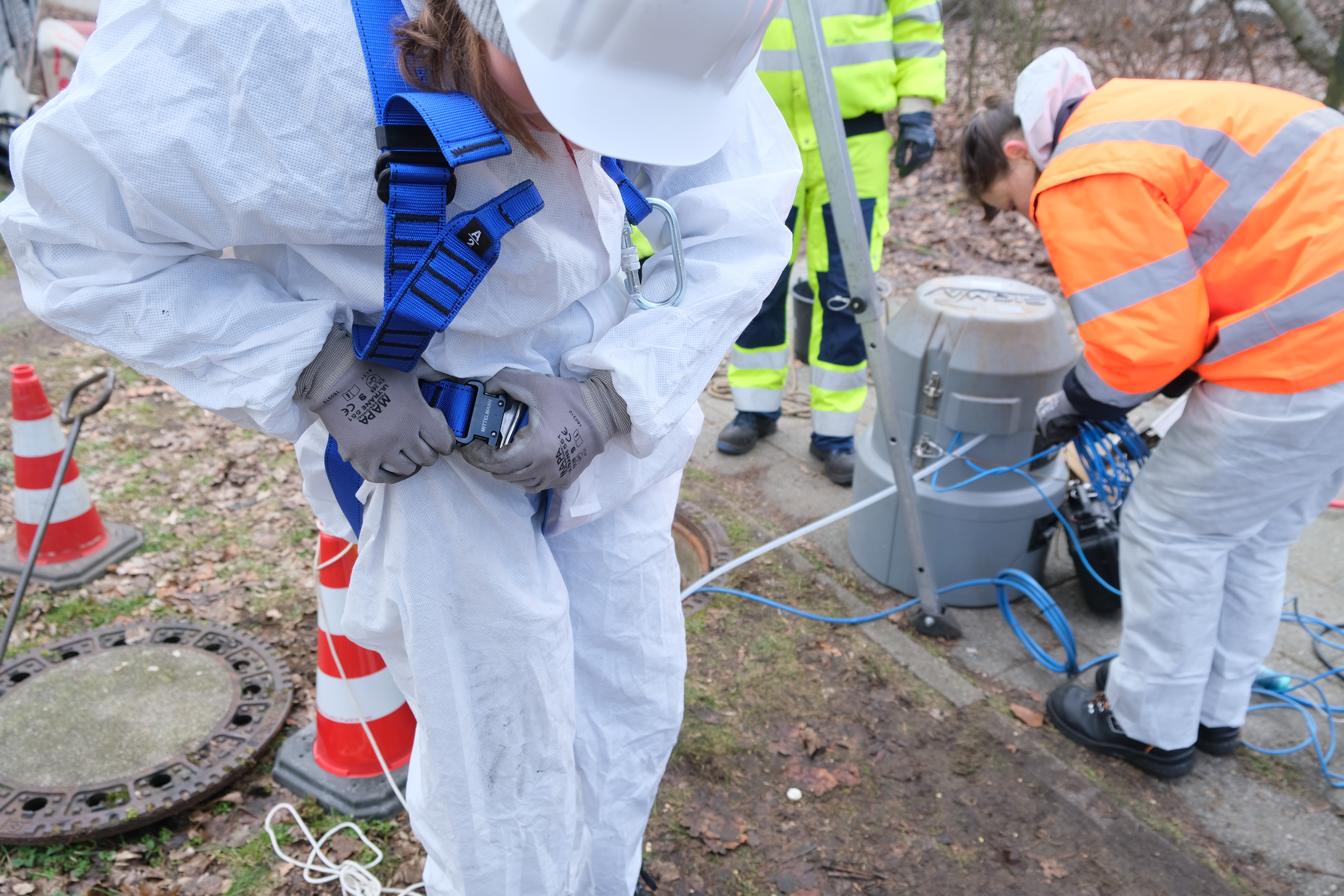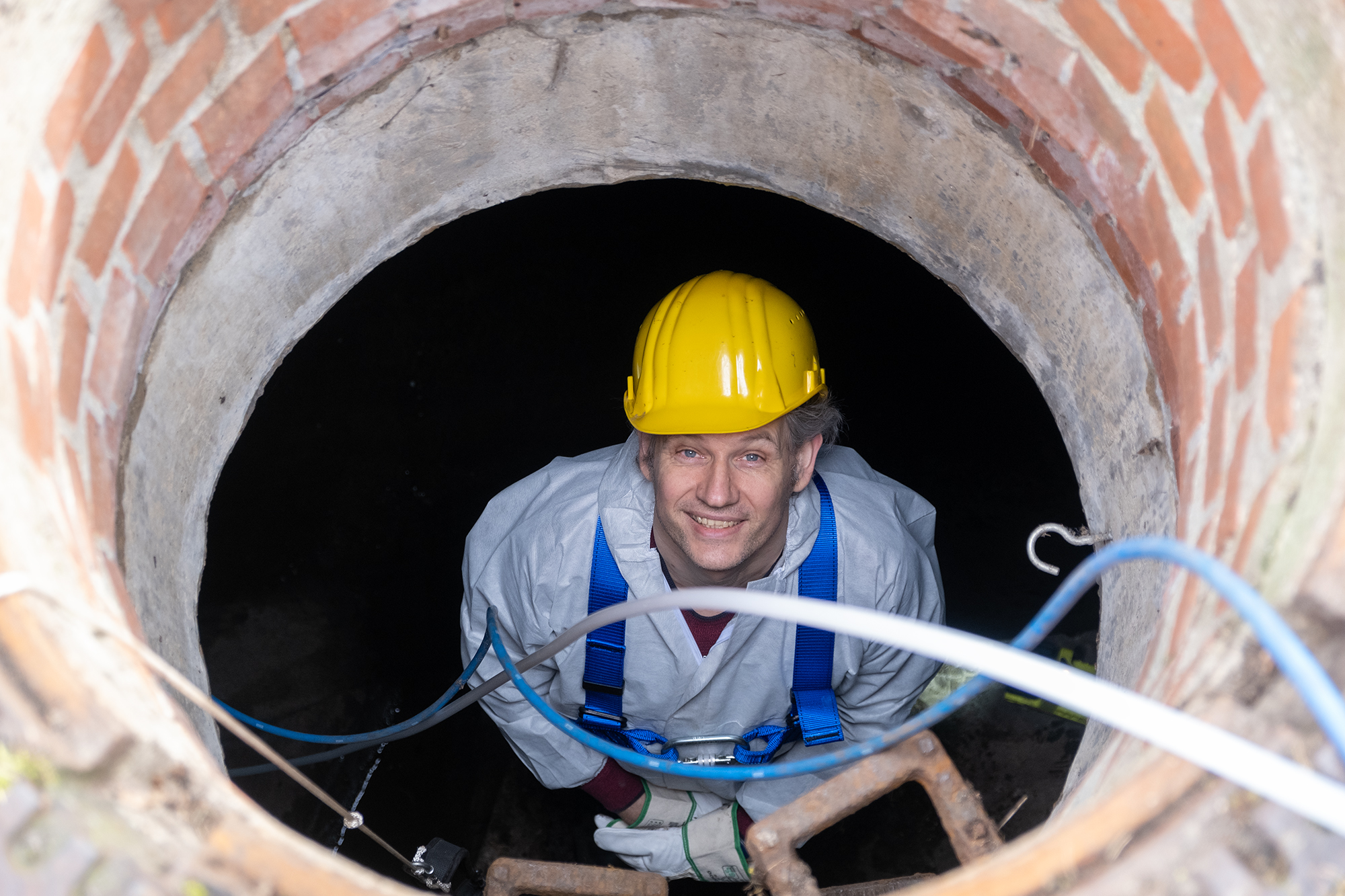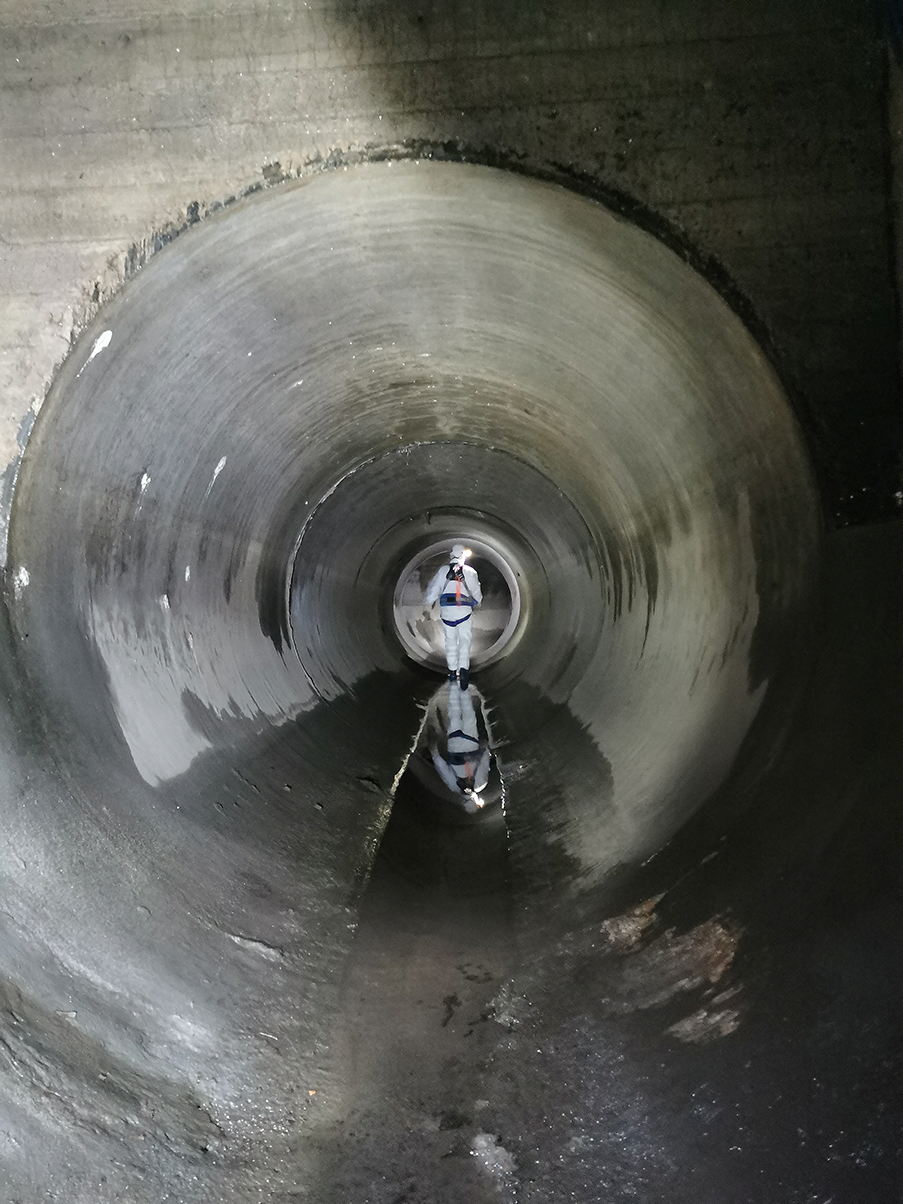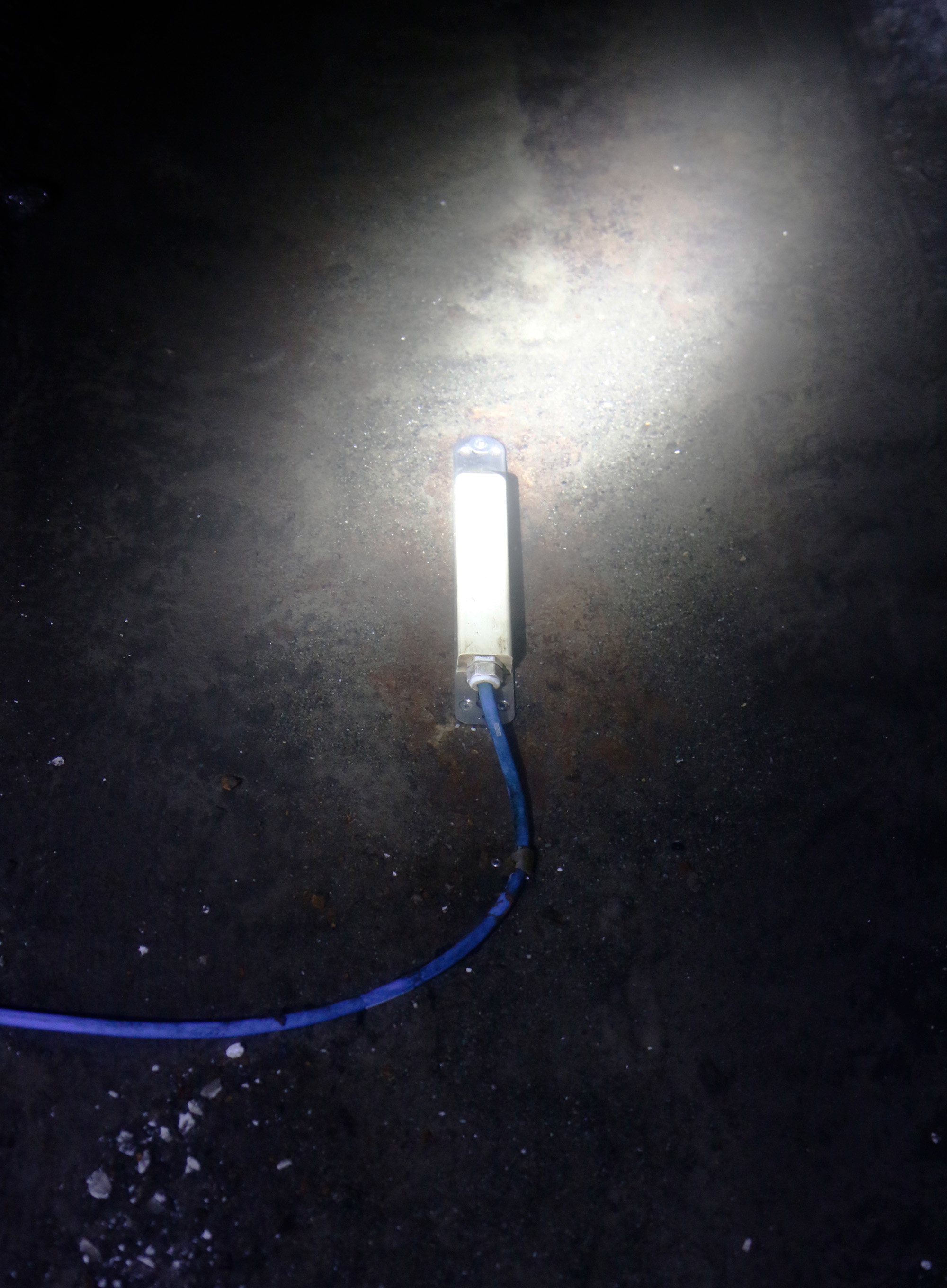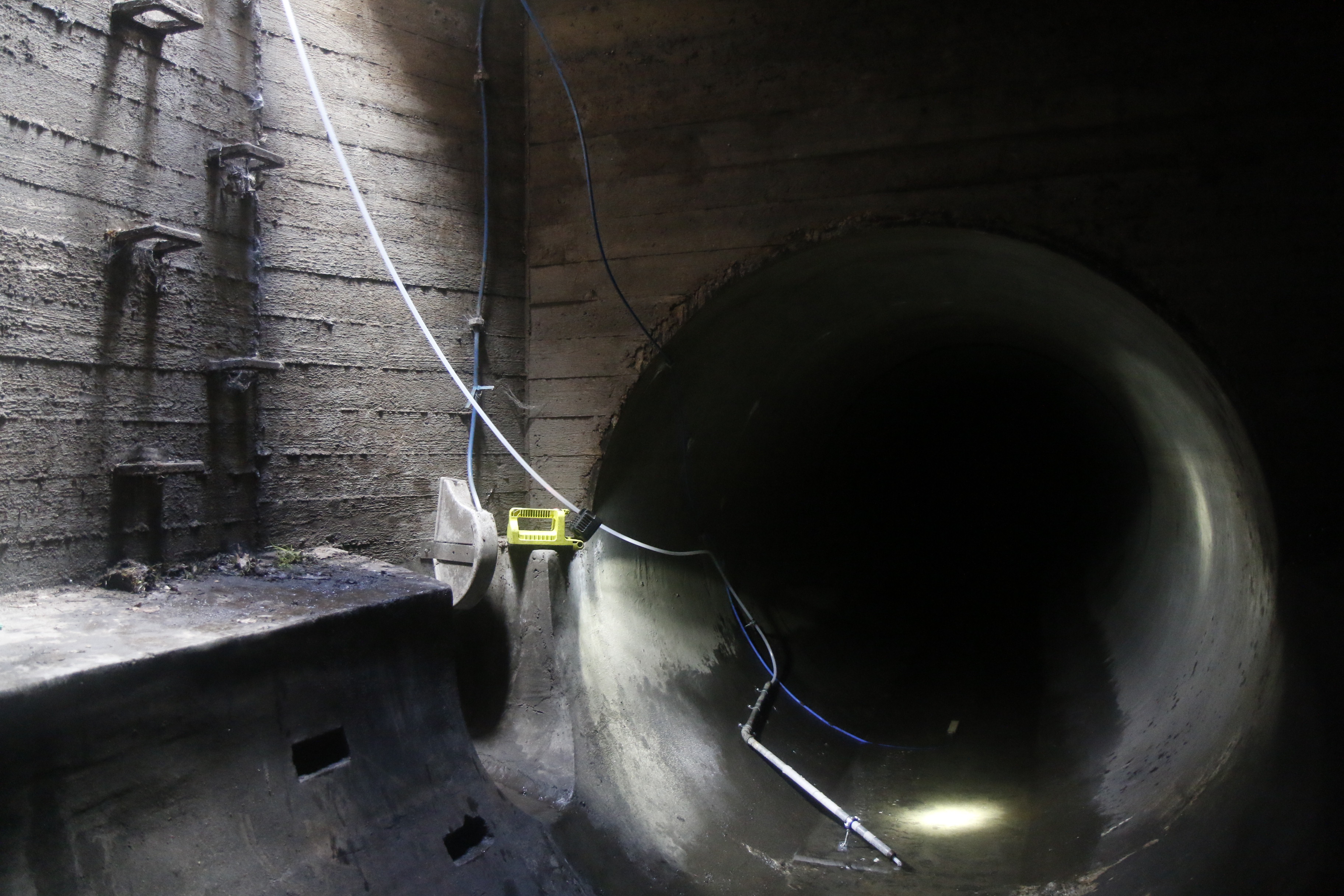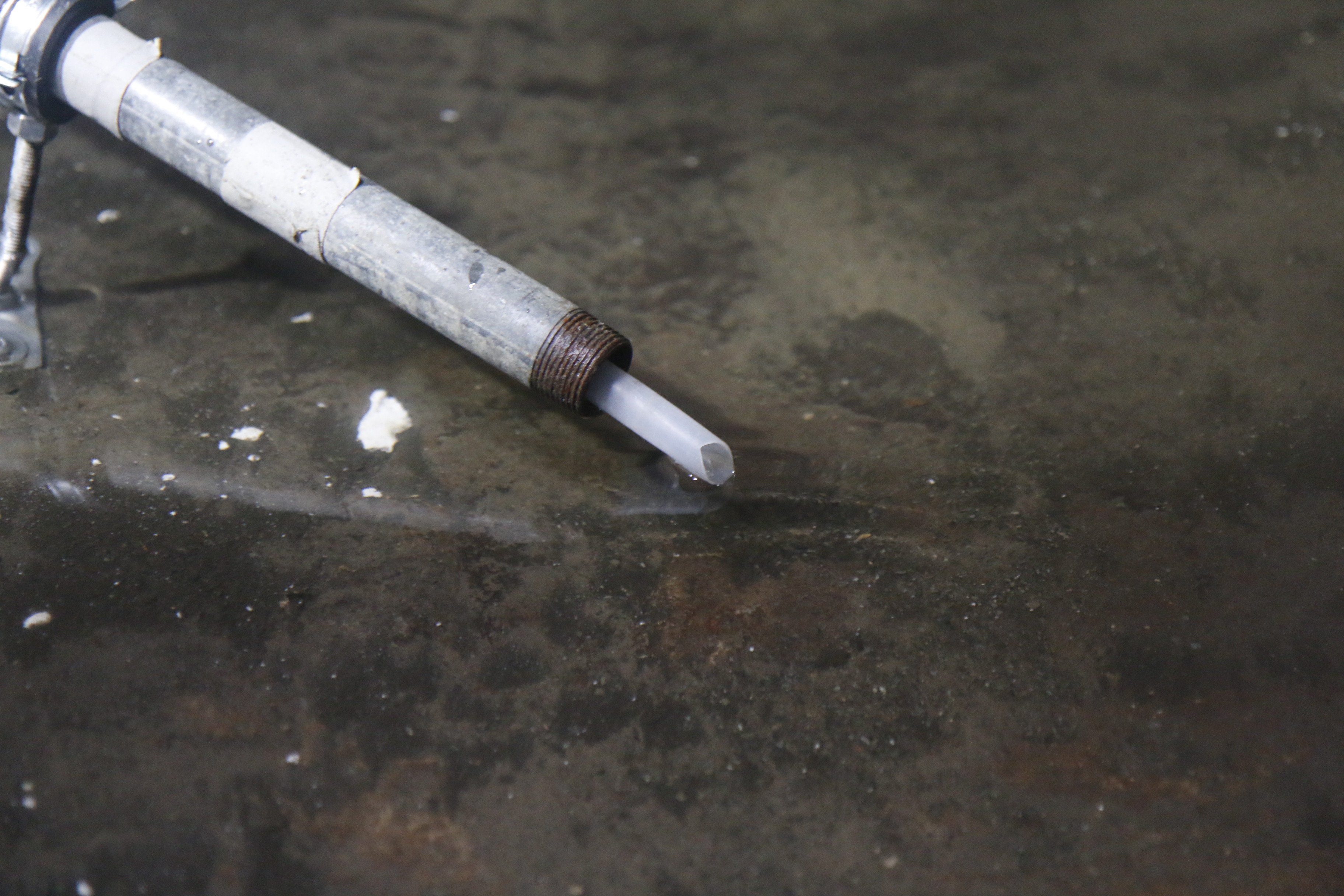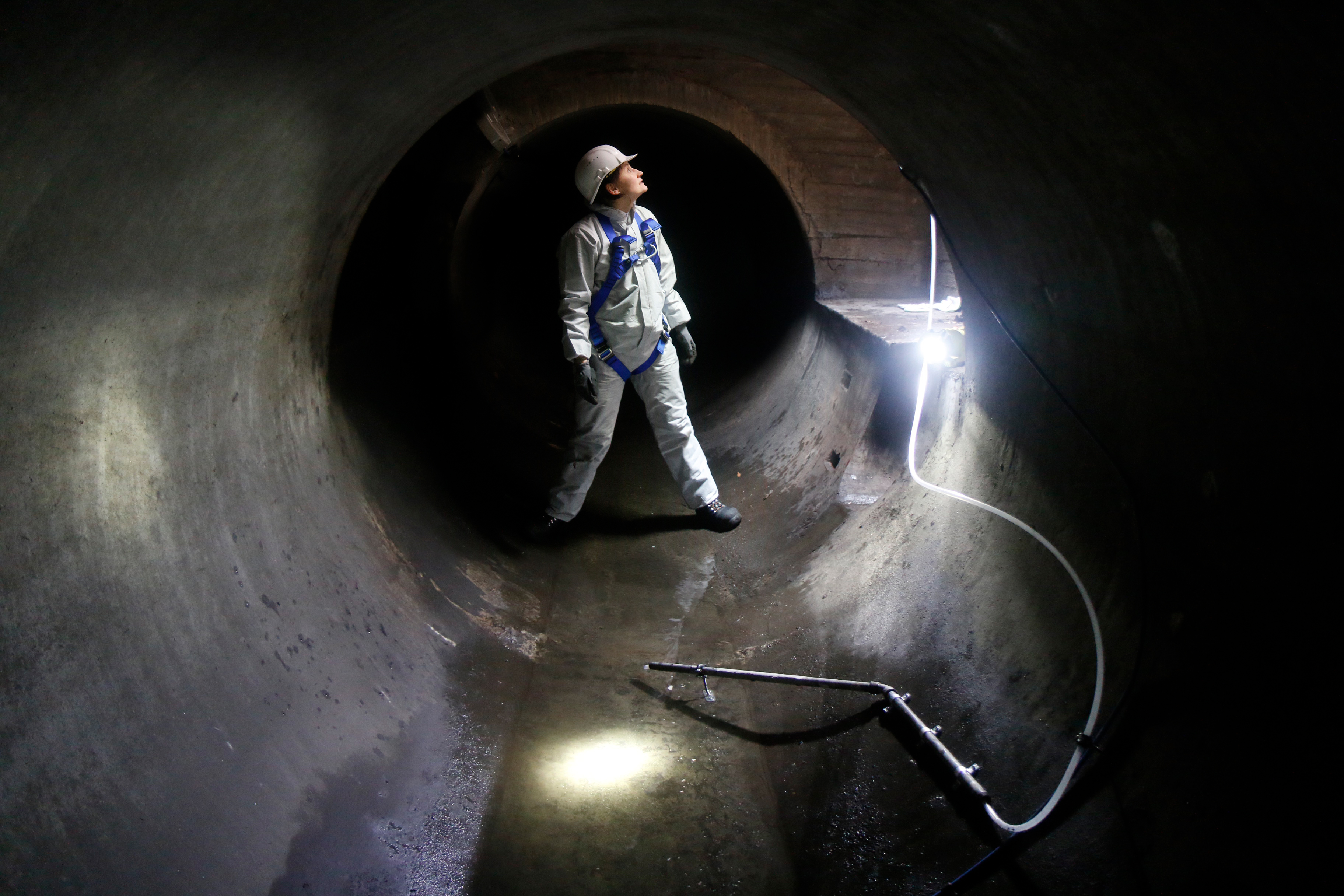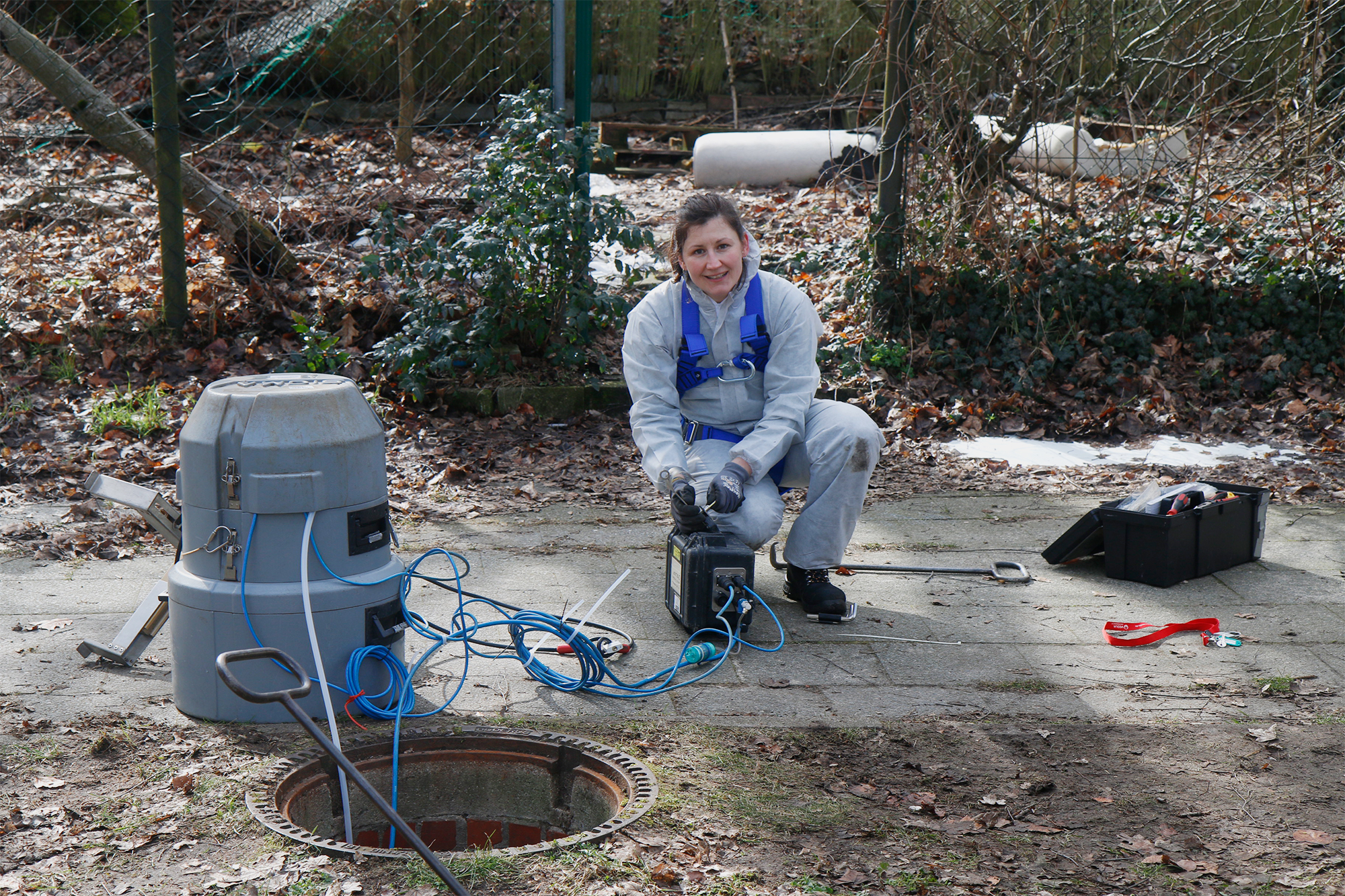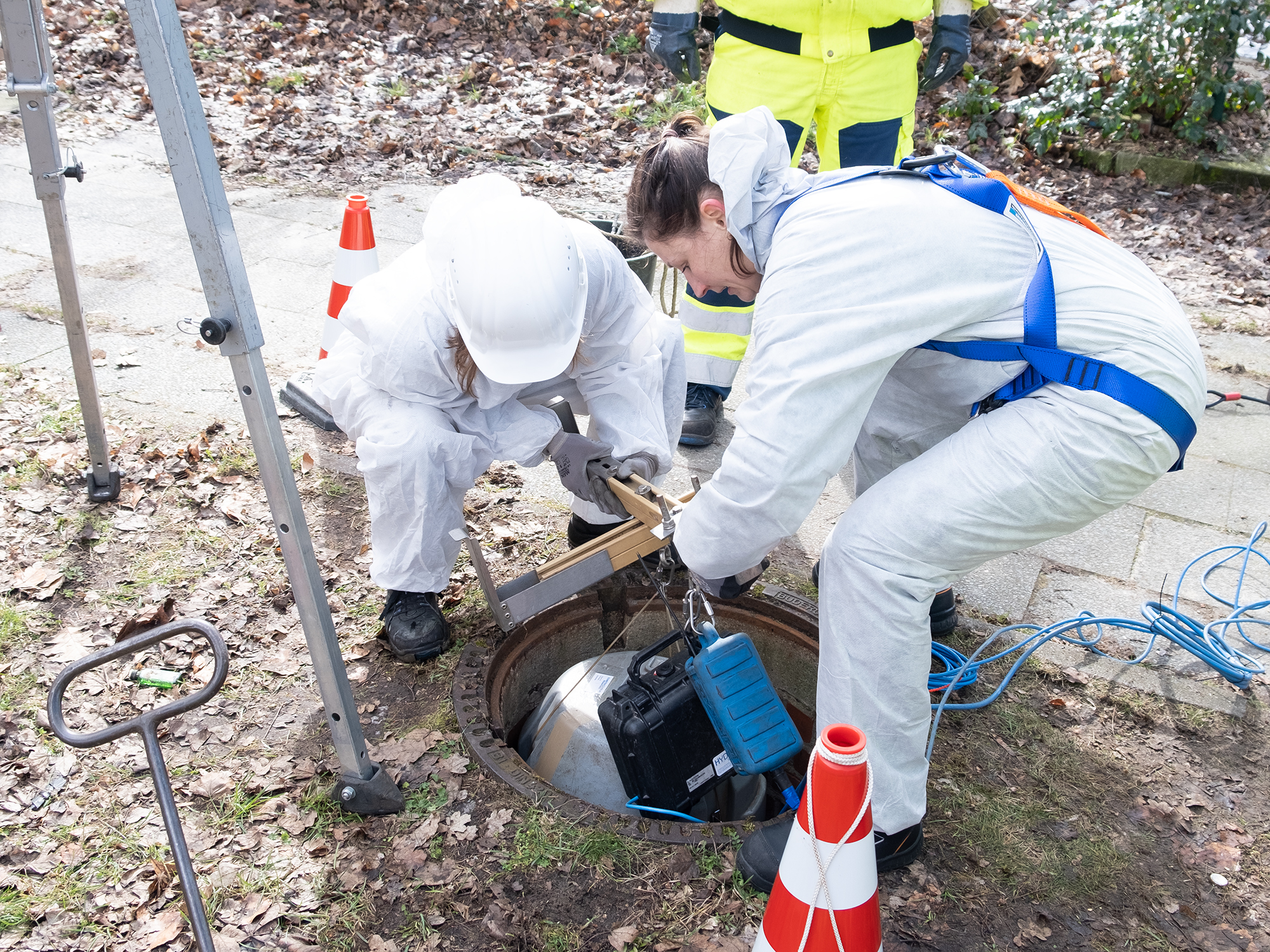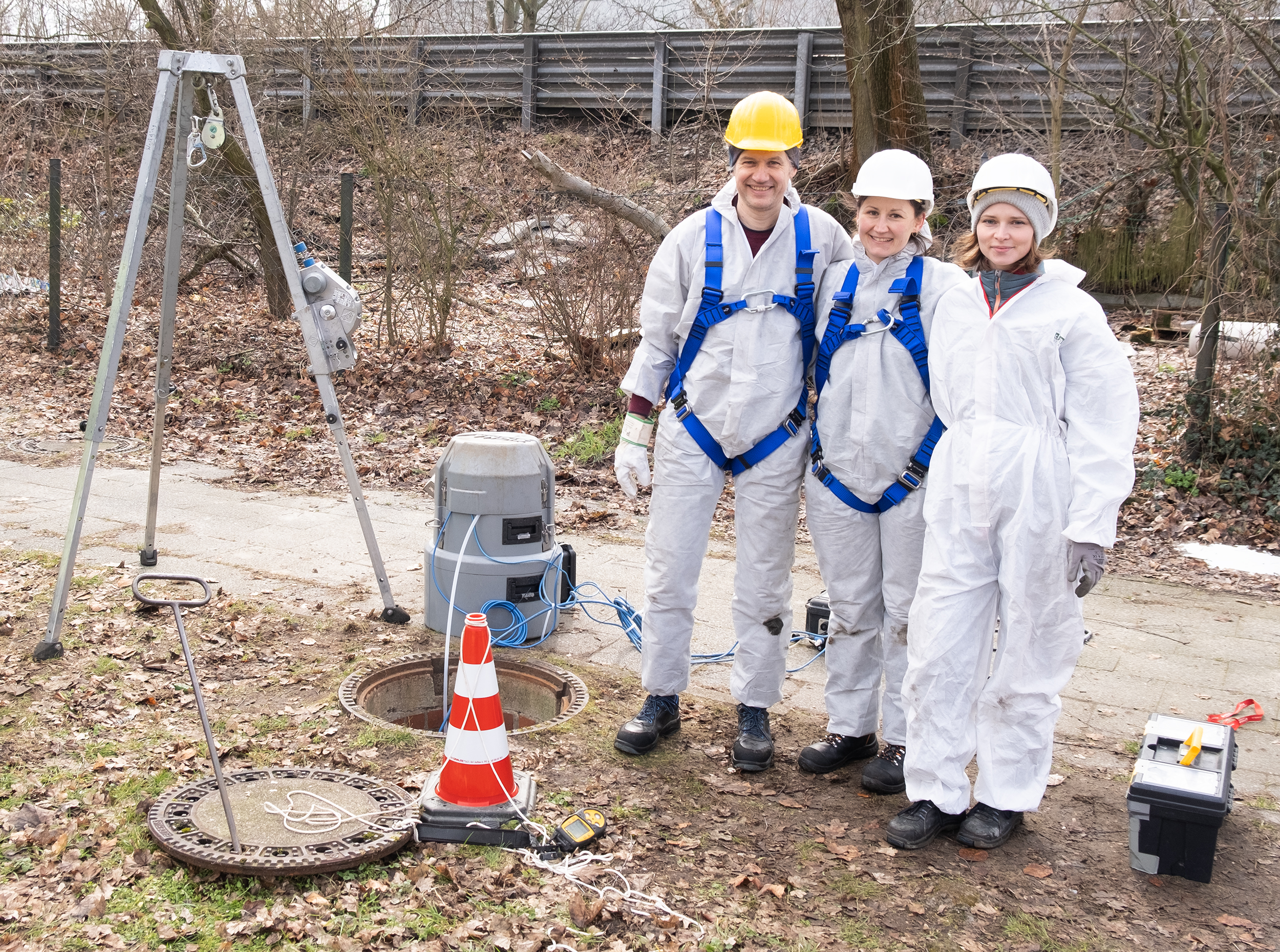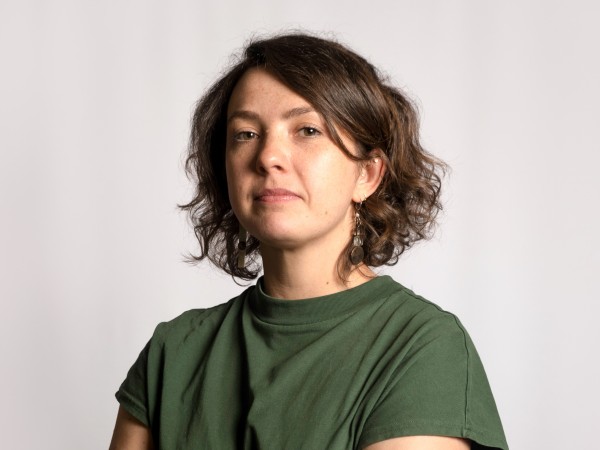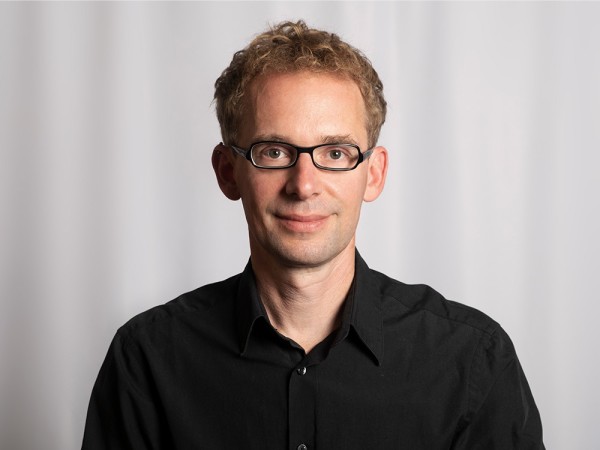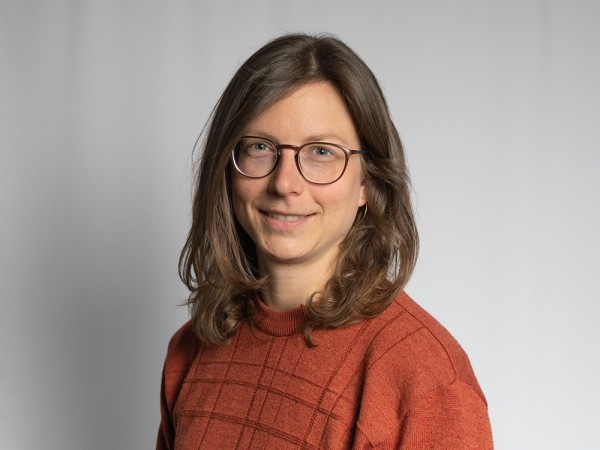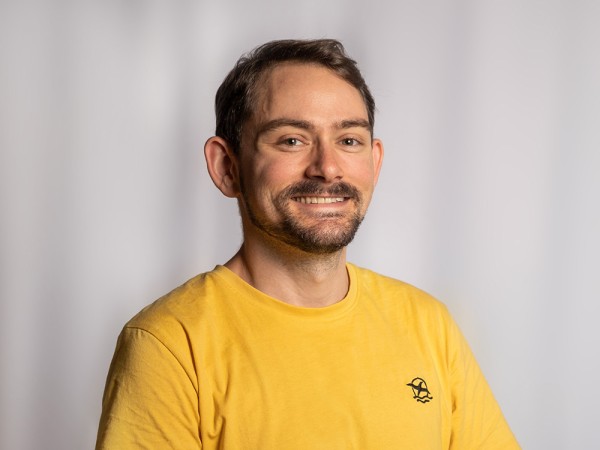Thanks to the recent European Green Deal, the race to promote reuse of resources and thereby transition from a linear to a circular economy (CE) is on. Recent increases in reported instances of per- and polyfluoroalkyl substances (PFAS) contamination in soil and water may hinder these ambitious CE target of the European Union and have brought the problem of these particular “forever chemicals” to the forefront of the EU’s research agenda.
The presence of PFAS and other industrial persistent, mobile, and potentially toxic compounds (iPM(T)s) in the environment is a particular challenge for CE since they have notable and proven negative consequences for environmental and human health. To accomplish the goals of the European Green Deal, as well as the Zero Pollution Action Plan and the Circular Economy Action Plan, innovative approaches are required to address the presence and removal of these compounds.
The PROMISCES team includes 27 partners from 9 countries, led by the French Geological Survey (BRGM), who will develop new analytical methods and toxicological tools to provide information on PFAS and iPM(T) contamination in complex environmental matrices. Their presence in five particular CE routes will be investigated: these include semi-closed water cycles for drinking water supply at urban and catchment scale; wastewater reuse for irrigation in agriculture; nutrient recovery from sewage sludge; material recovery from dredged sediment and land remediation for safe reuse in urban areas. The CE routes are the subject of seven case studies located in Spain, France, Italy, Bulgaria, Germany, and the Danube river basin between Vienna and Budapest.
Circular economy routes and chemical emission pathways which are relevant and investigated in PROMISCES (Berlin's semi-closed water cycle in pink)
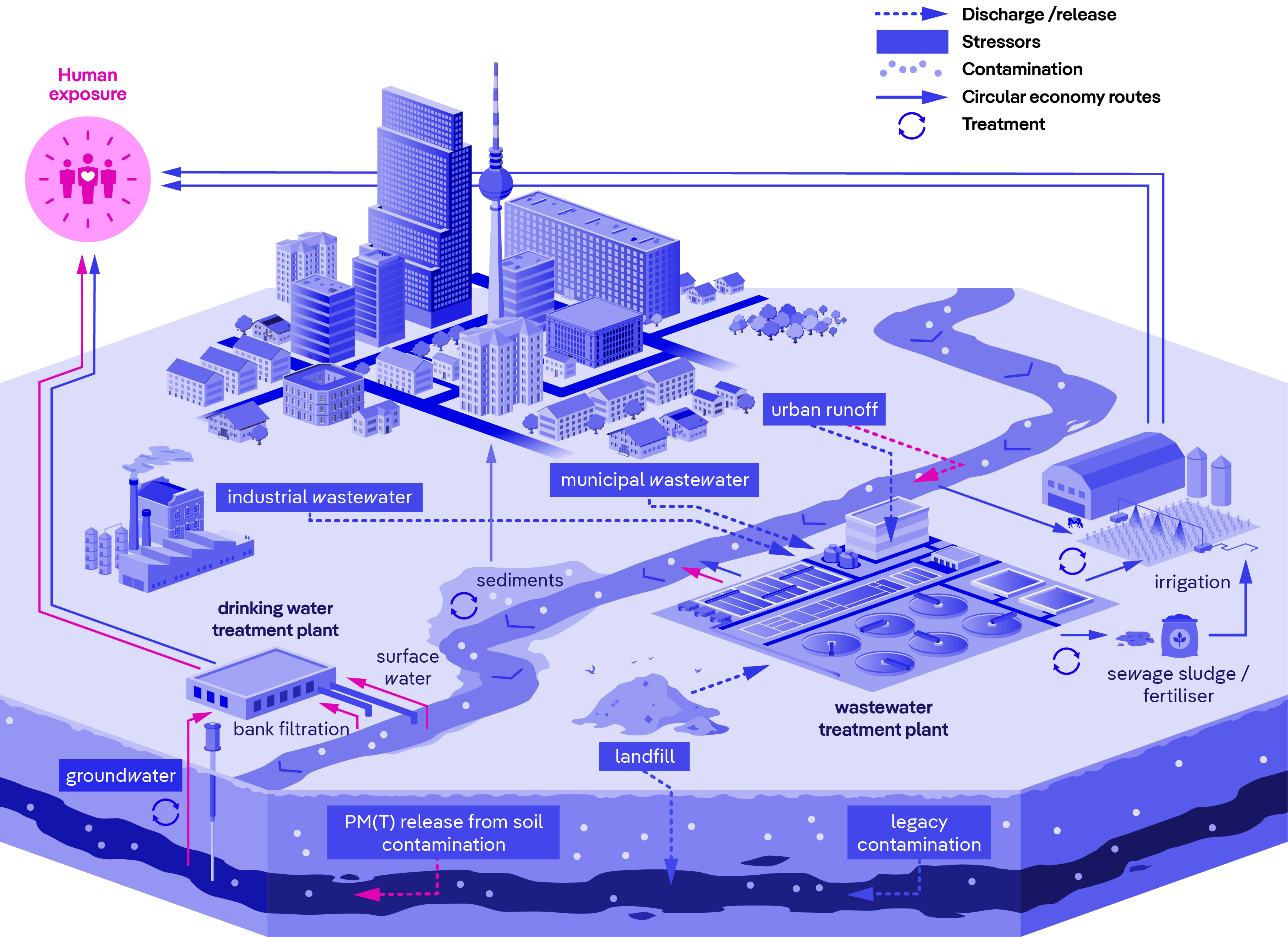
The work package led by KWB will focus on demonstrating solutions for zero pollution water cycles, including secondary effluent from municipal and industrial WWTPs, sewage sludge, landfill leachate, and drinking water. The case study in Berlin features a tightly knit expert group including the Berliner Wasserbetriebe, the German Environment Agency (UBA) and the German Federal Institute of Hydrology (BfG) and KWB. These partners will analyse the presence of PFAS and iPM(T)s and develop a toxicological assessment workflow for PFAS and other iPM(T)s in Berlin’s semi-closed urban water cycle. KWB will also monitor and model the fate and transport of PFAS and iPM(T)s in surface water and groundwater, focusing on quantifying chemicals in urban runoff as well as locating indirect discharges of the contaminants. Additionally, KWB will conduct human health risk assessments for drinking water and groundwater to evaluate impacts of corrective measures and address decision making and risk management under uncertainty.
PROMISCES’ results will produce guidance for managing such substances as well as recommendations for enforcing relevant EU policy, strategies, and directives. A decision support framework which considers resource recovery and water reuse and supports chemical management decisions in regards to i) stakeholders and societal demands; ii) PM chemical properties; iii) technical solutions to prevent, mitigate and remediate industrial pollution; and iv) the whole life cycle of current and future chemicals, will be developed.
KWB’s contribution to the transition to a zero pollution CE in PROMISCES will ultimately have impact far beyond Europe’s borders.
Installation of a monitoring site in a storm sewer
To monitor PFAS and iPMT concentrations in urban stormwater runoff, automated samplers were installed in 2 storm sewers. Sensors at the bottom of the sewer measure water level and flow, and initiate sampling during rainy weather. Data loggers provide web access to the measurement data, which in turn gives us the signal to take the rainwater samples to the laboratory for analysis.
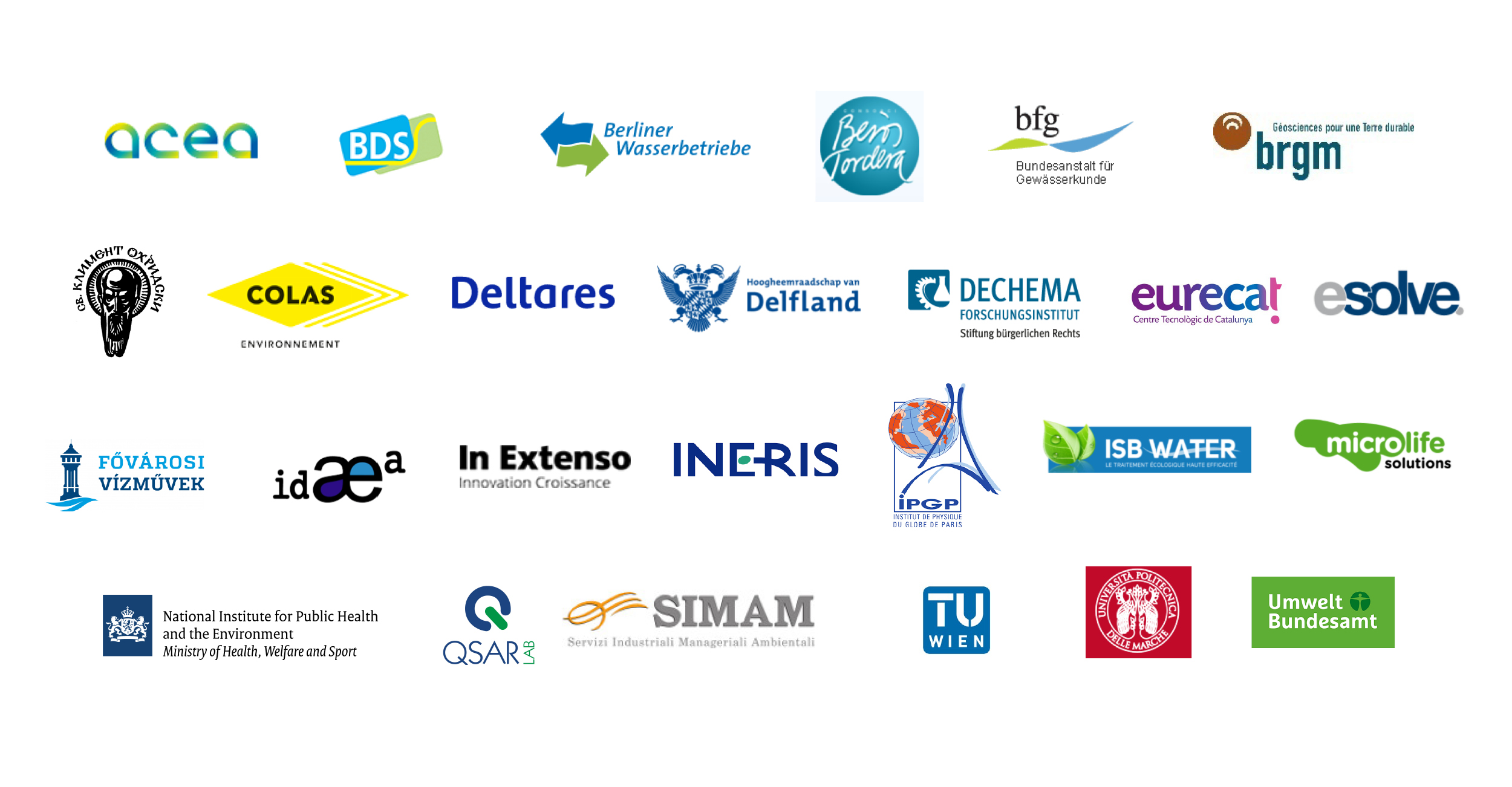

- Auf dem Weg zu einer schadstofffreien Kreislaufwirtschaft: PROMISCES
- D4.4 Guidance document for upgrade and optimization of advanced wastewater treatment
- Establishing a zero-pollution circular economy: an overview of the H2020 project PROMISCES
- Urbane Gebiete als Quelle von PFAS und anderen Industriechemikalien: Das Horizon 2020 Projekt PROMISCES
- Persistente und mobile Substanzen und per- und polyfluorierte Alkylsubstanzen (PFAS) in städtischem Regenwasser: Bewertung der Auswirkung auf Berliner Oberflächengewässer
